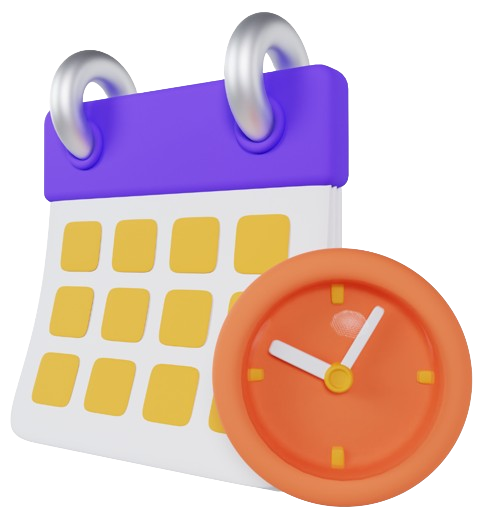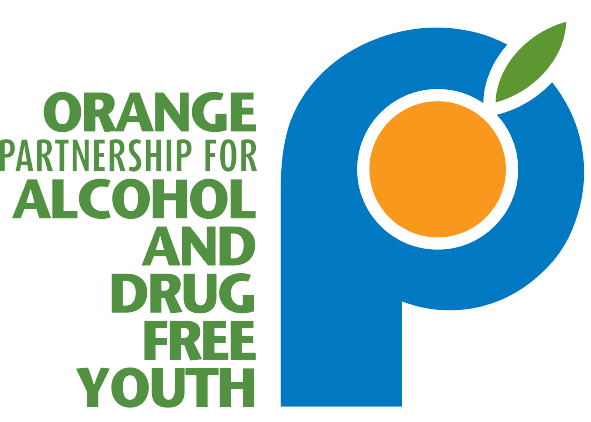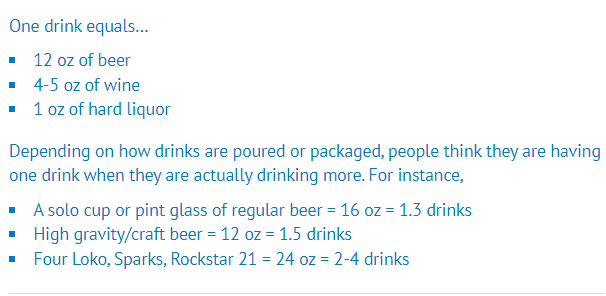Teens may become curious about alcohol and other drugs, which may lead to
experimentation. Alcohol and drug experimentation is often highest during these critical formative years. Peer influences may be in full swing, causing the negative effects of substance use to be ignored.
As their brains' develop, some functions mature at different rates. The reward centers of the brain develop faster than the parts of the brain responsible for decision-making and risk analysis. Thus, when substance use occurs, the delicate balance of neurotransmitters is lost, and the reward pathways of the brain are altered. Your teen brain is not fully developed until around age 25. Until then, the negative health effects of substance can intefere with crucial brain processes at exactly the wrong time.
Calling All Teens!
Orange Partnership invites all teens to CHOOSE to INVEST in healthy habits, like rewarding your brain - and your body - with healthy eating, sleeping, healthy social interaction, physical activity, and other vital aspects of life - rather than falling prey to the temptation of substances.
Click here to learn the value Orange Partnership's ADAPT youth empowerment program brings to many Orange County middle and high school teens - who choose a different path. Through ADAPT, teens like you can use your voice to educate your peers on substance use prevention and motivate them to engage in healthy alternatives that help them thrive!






